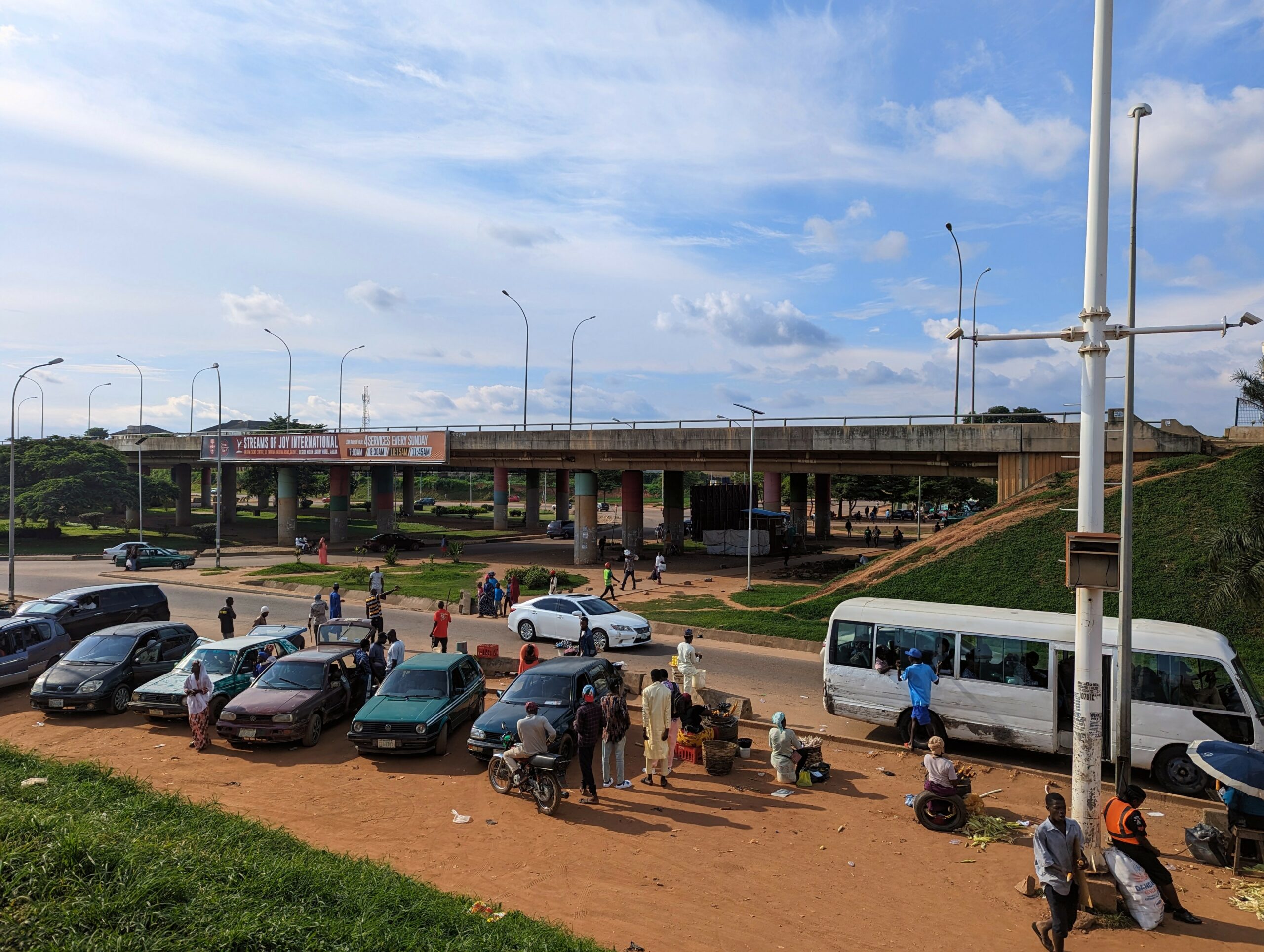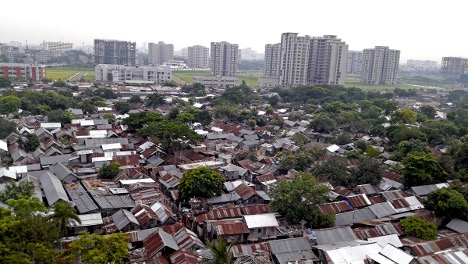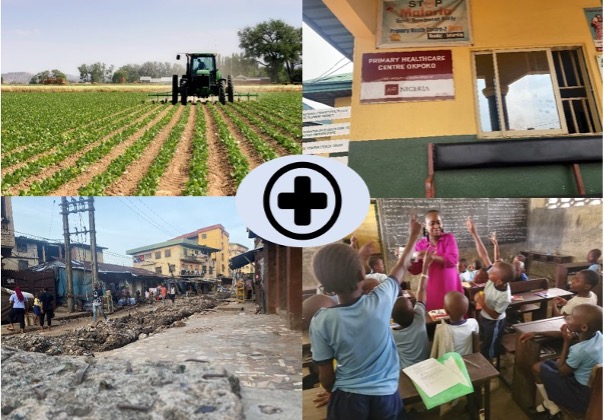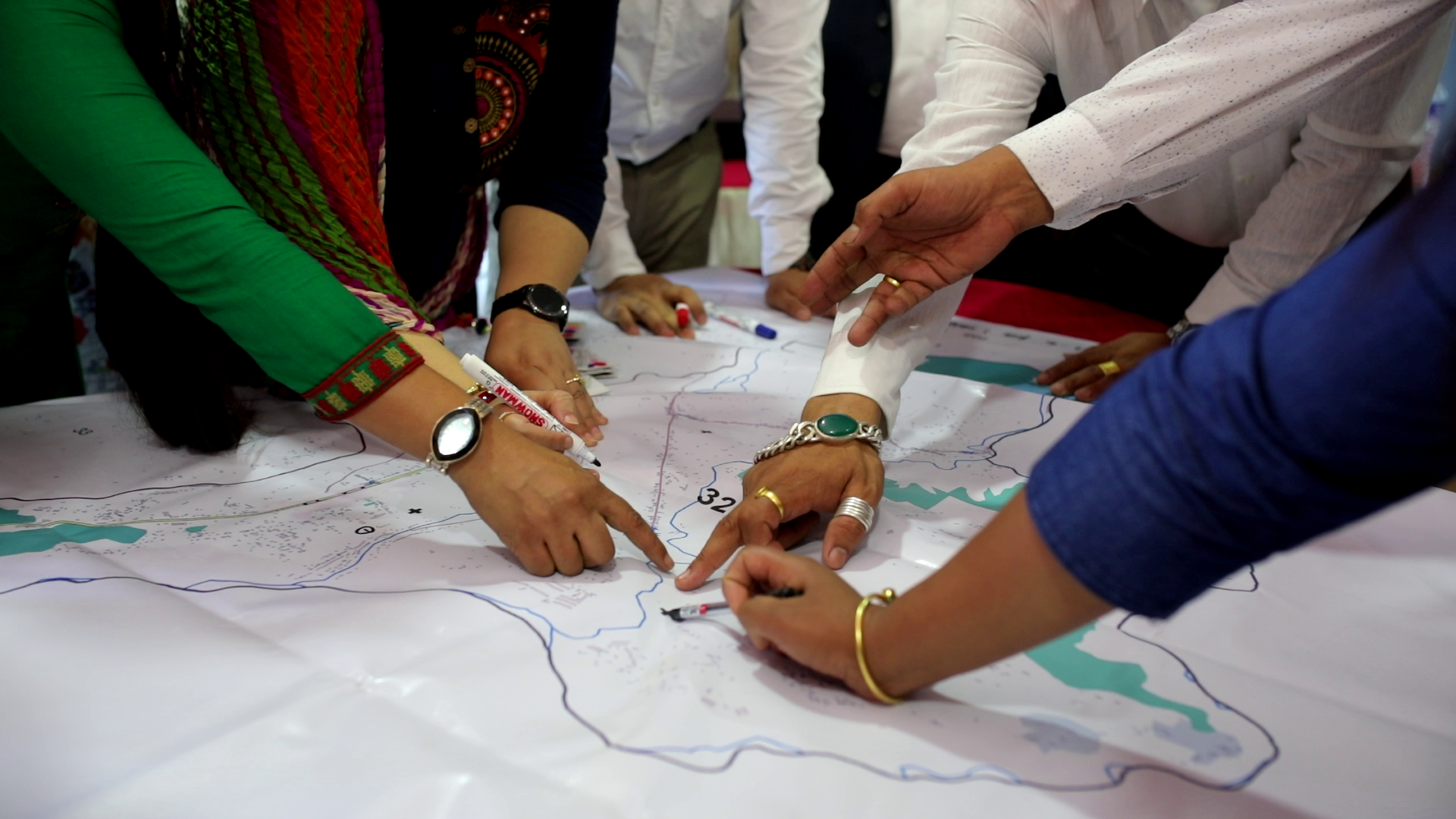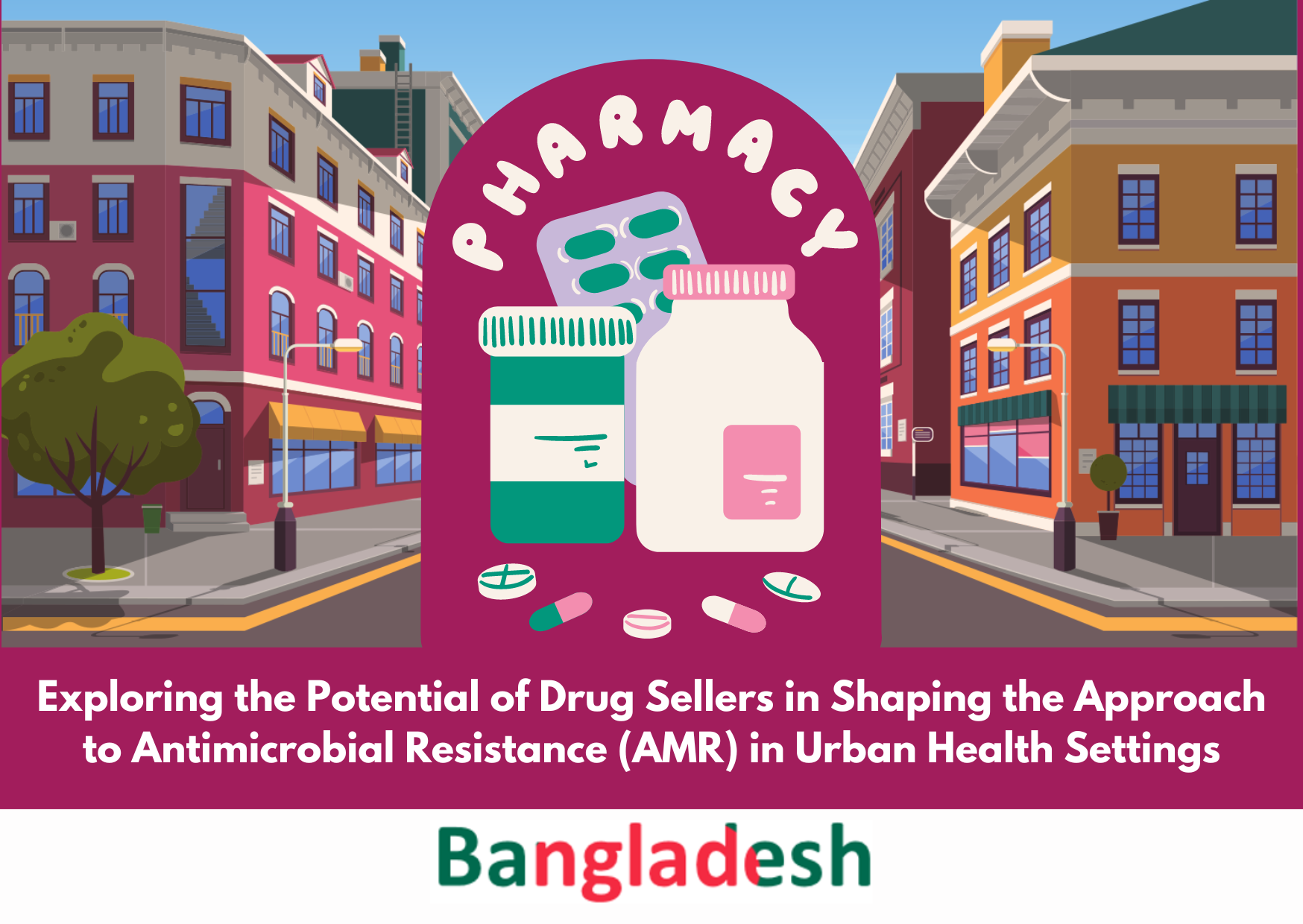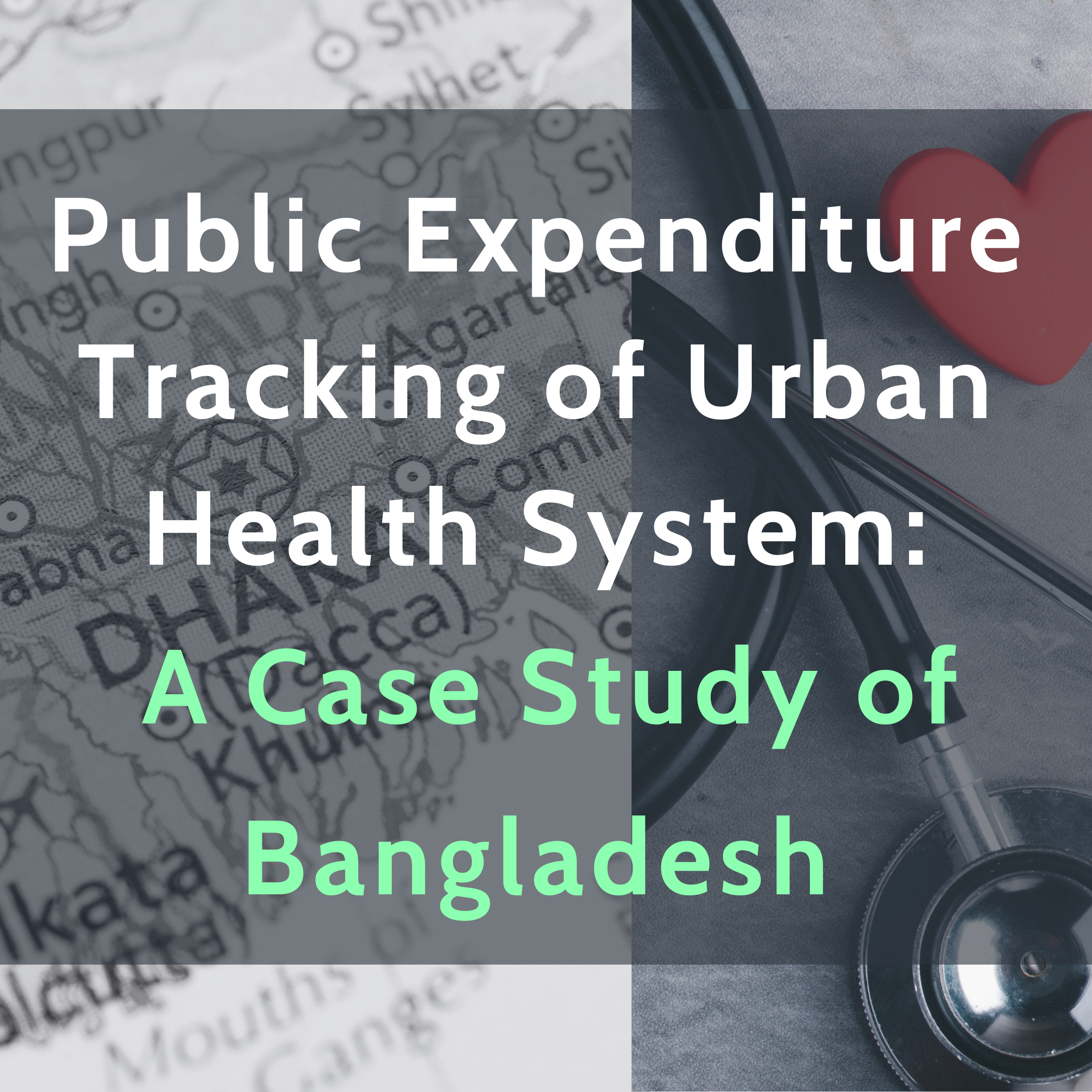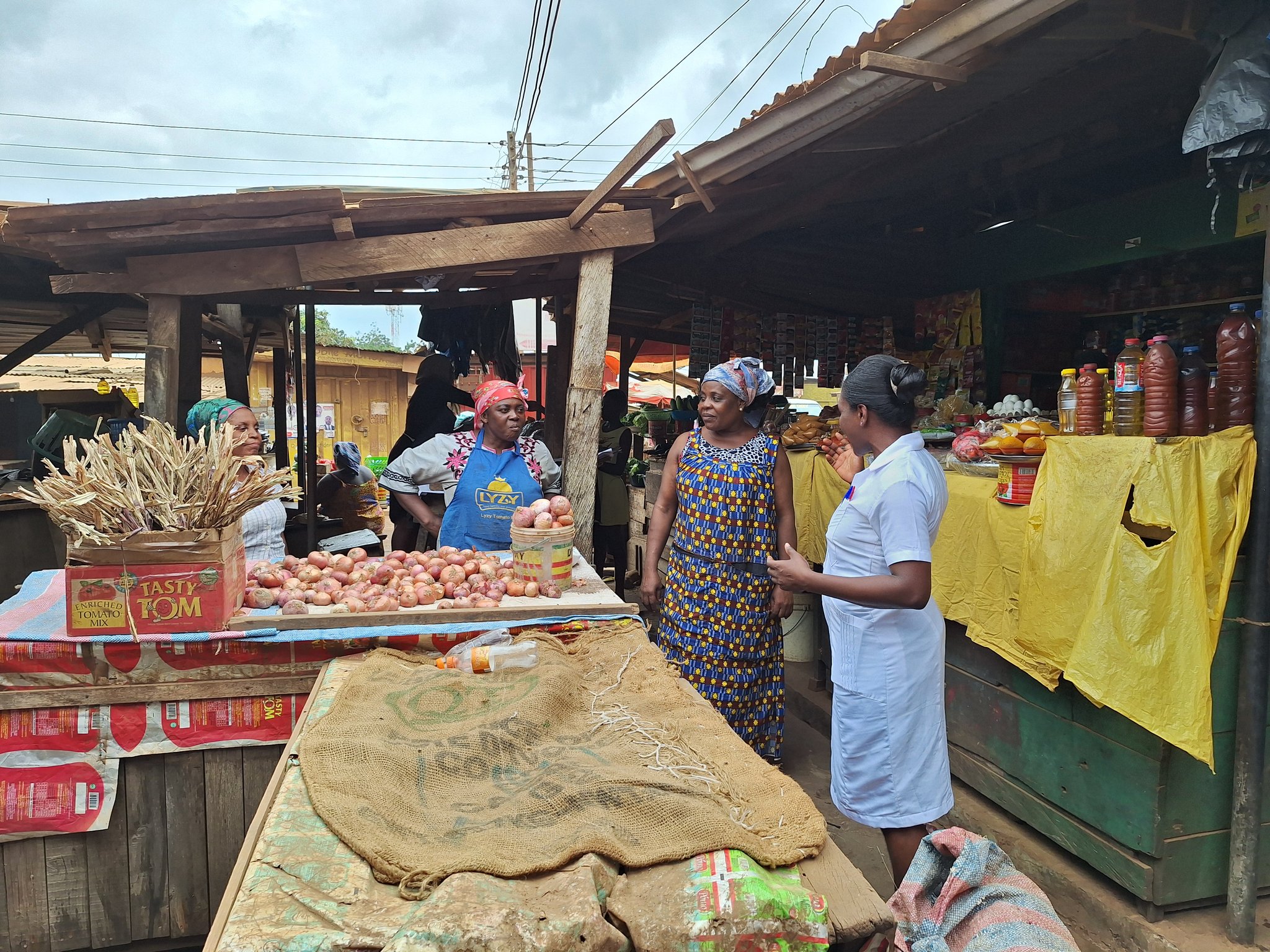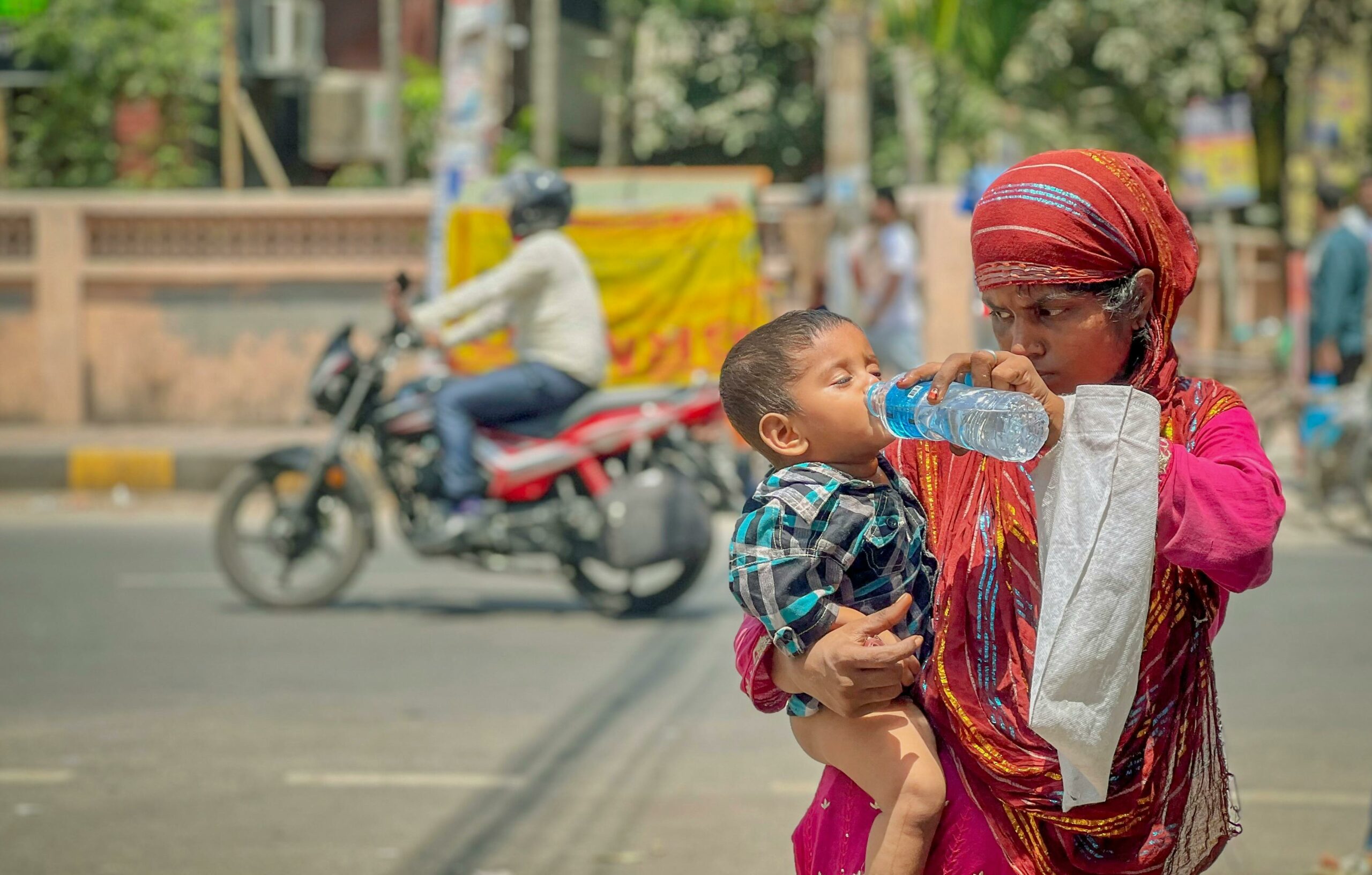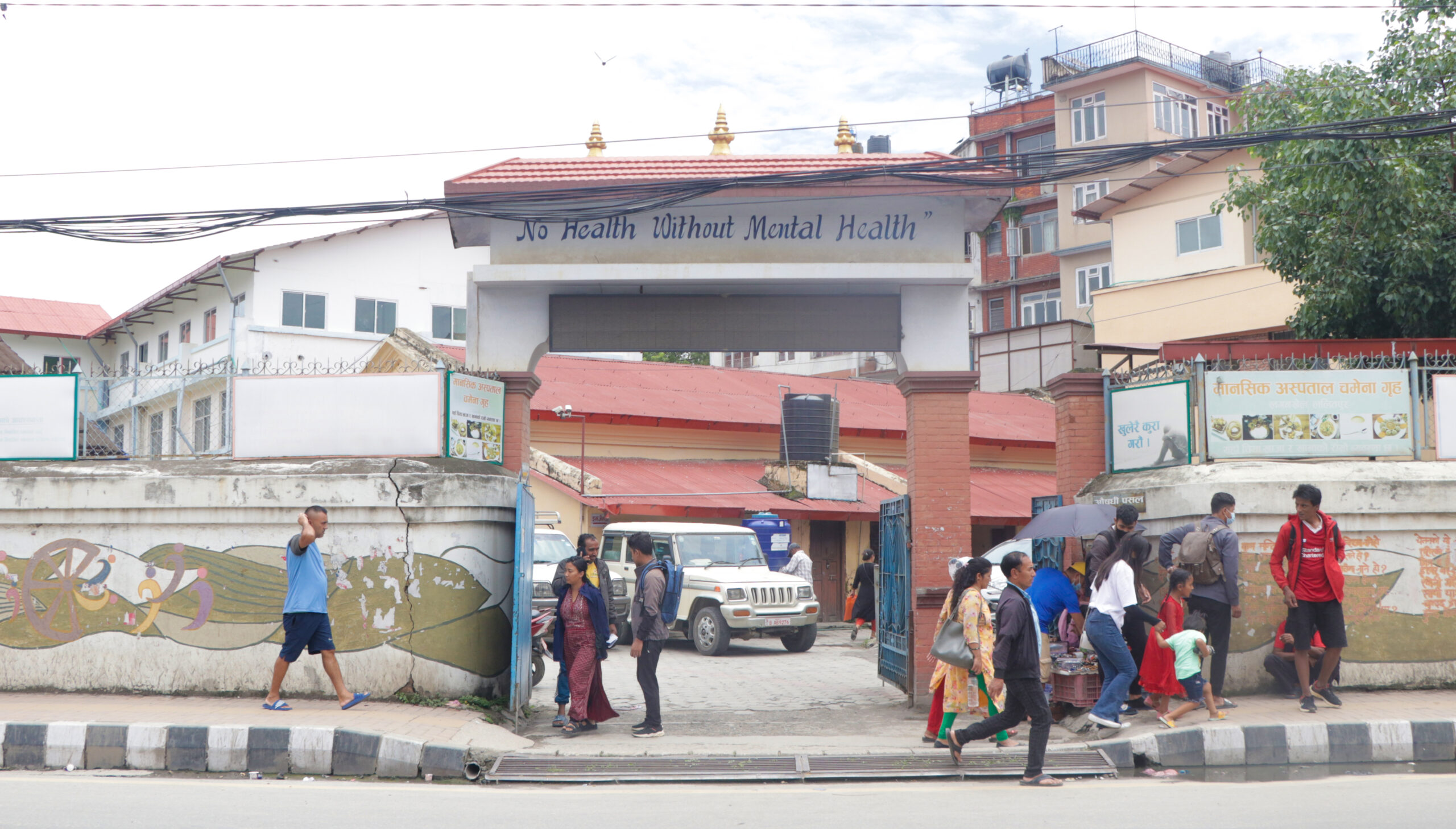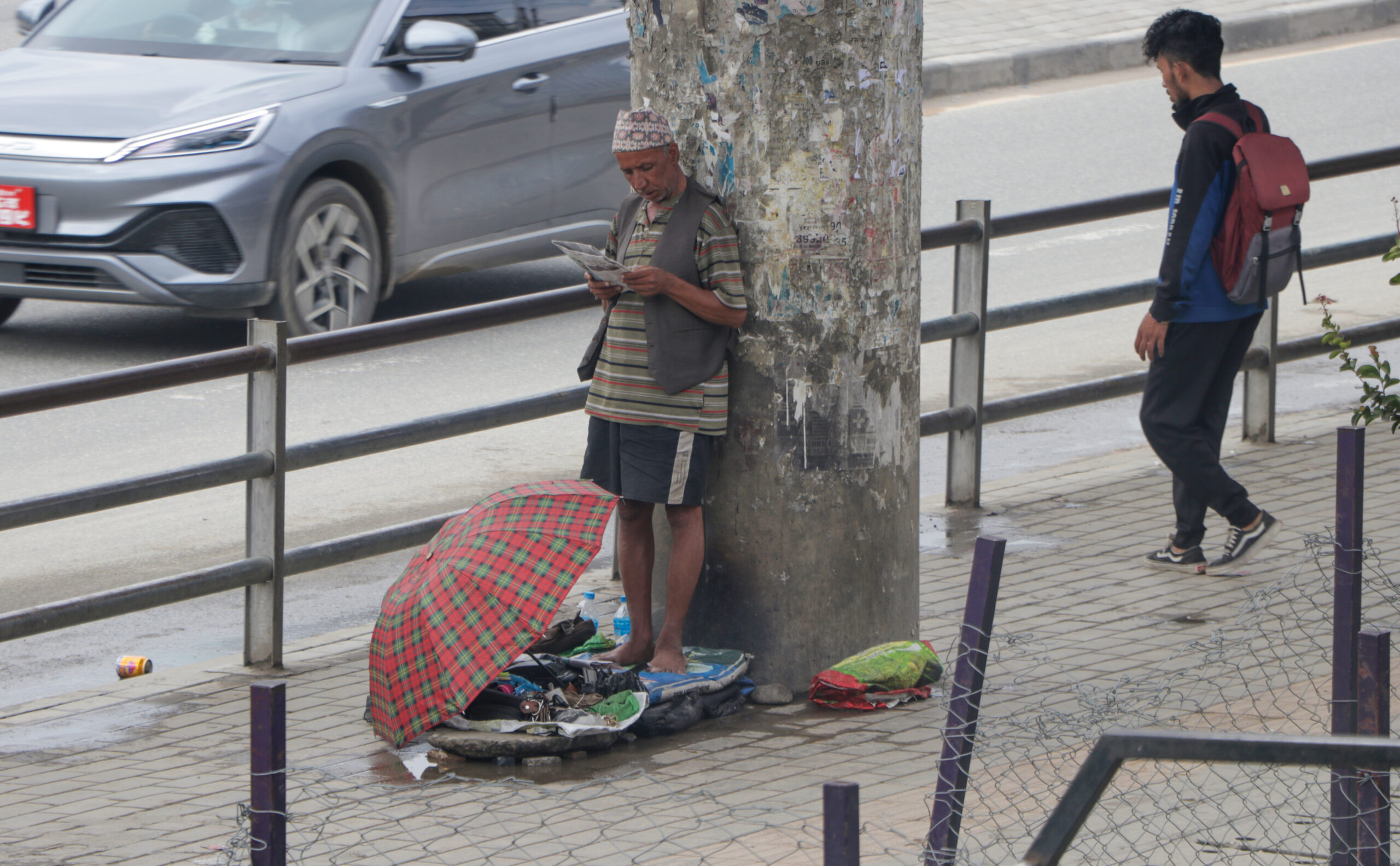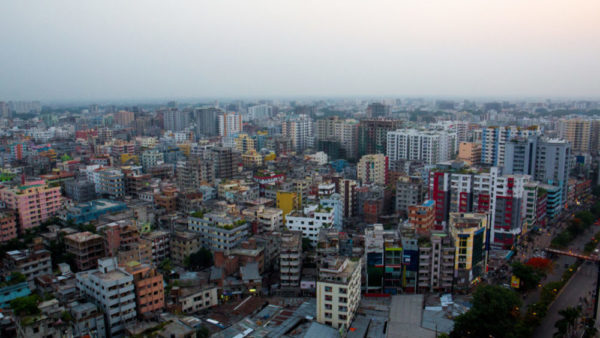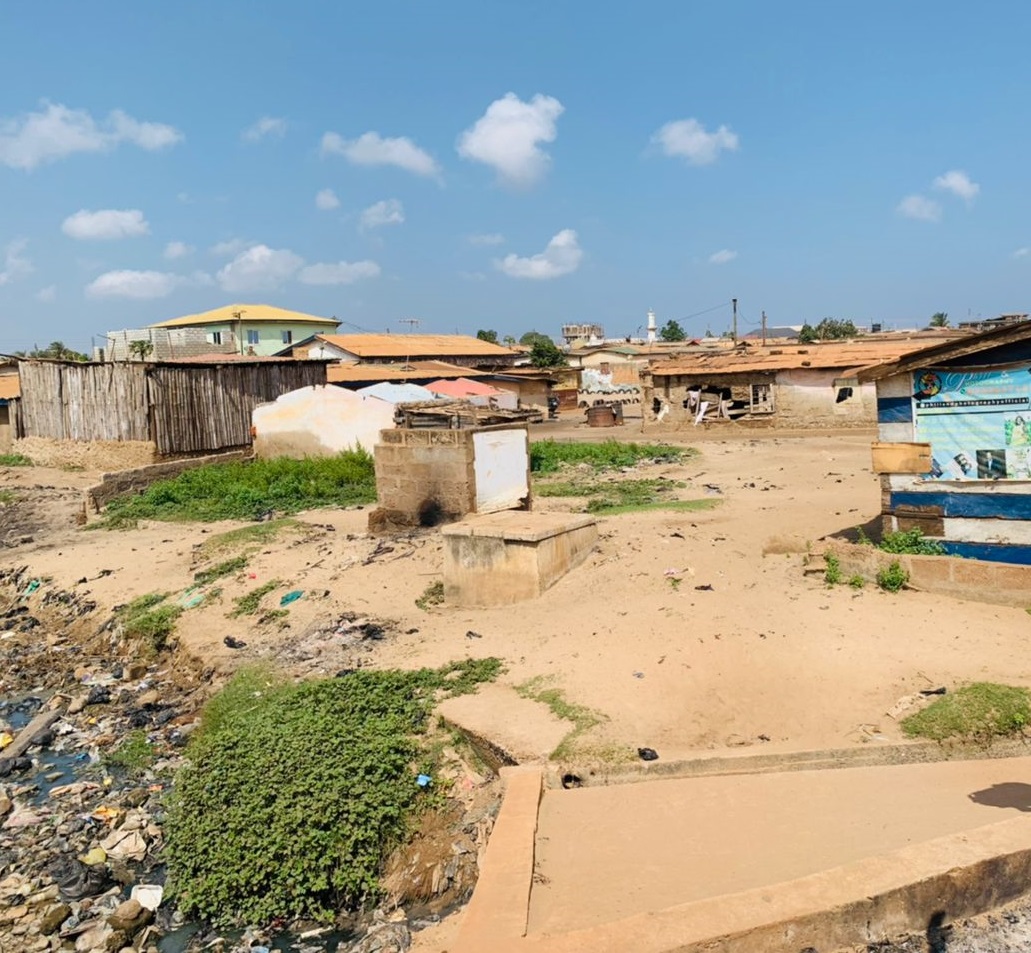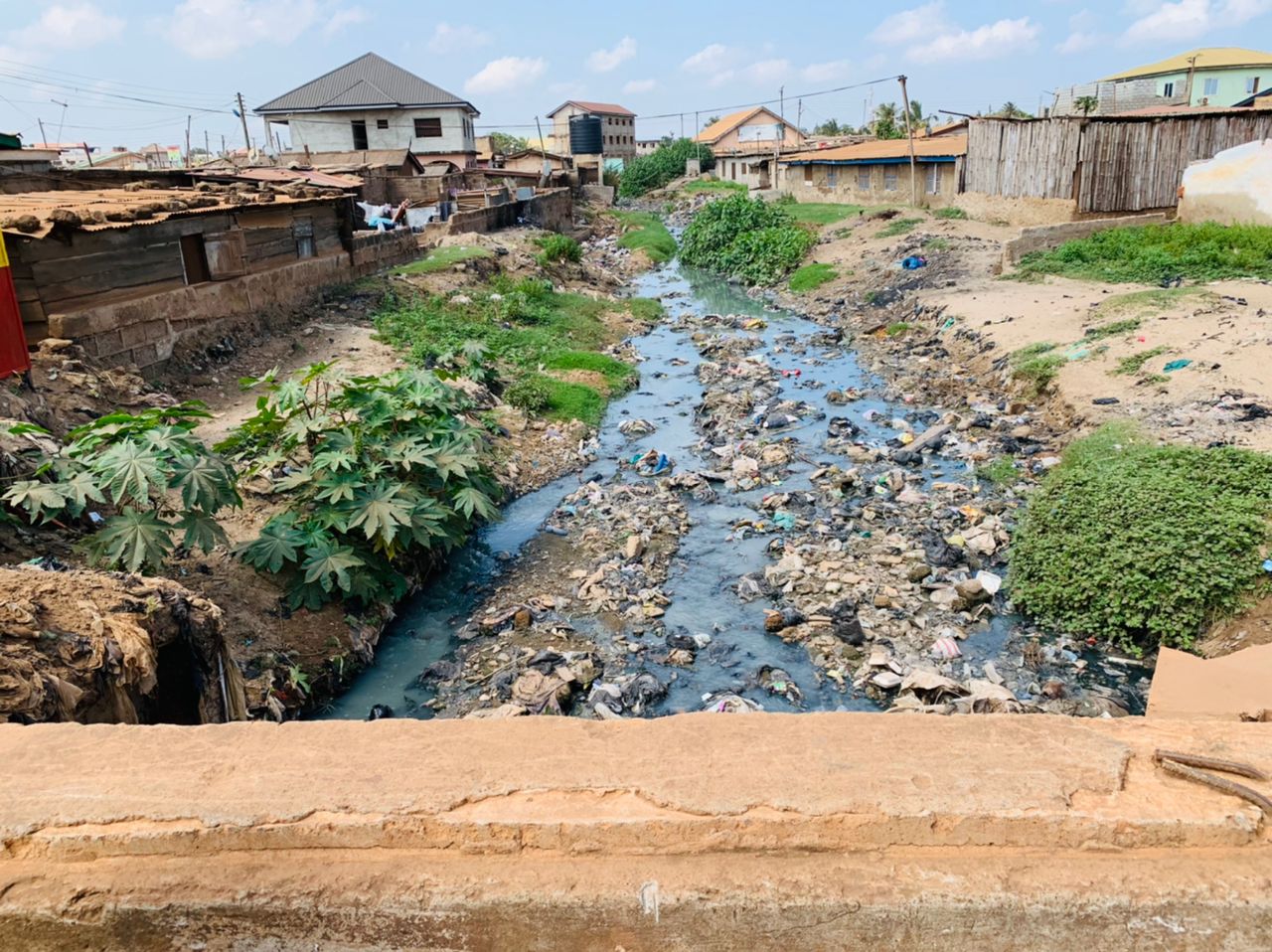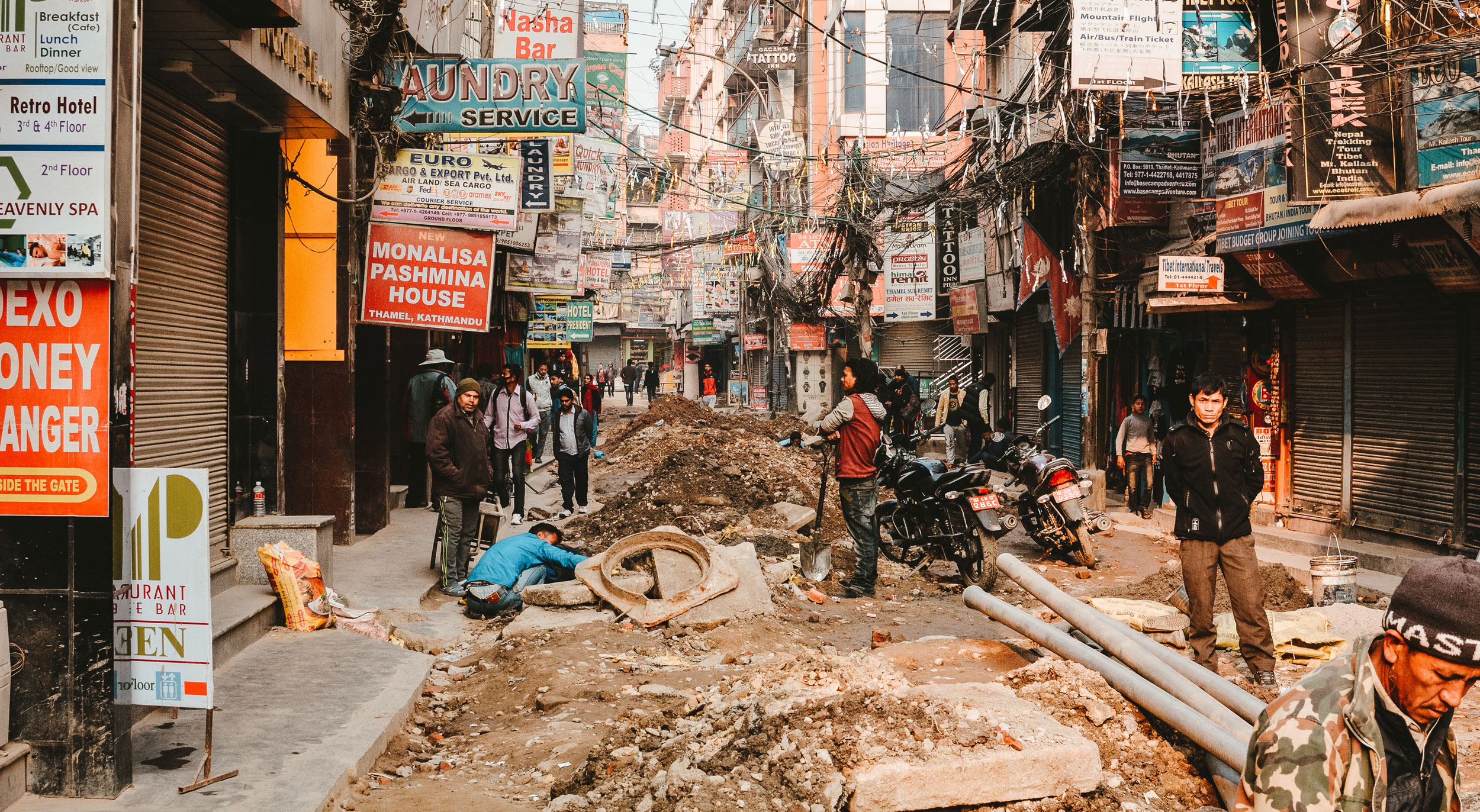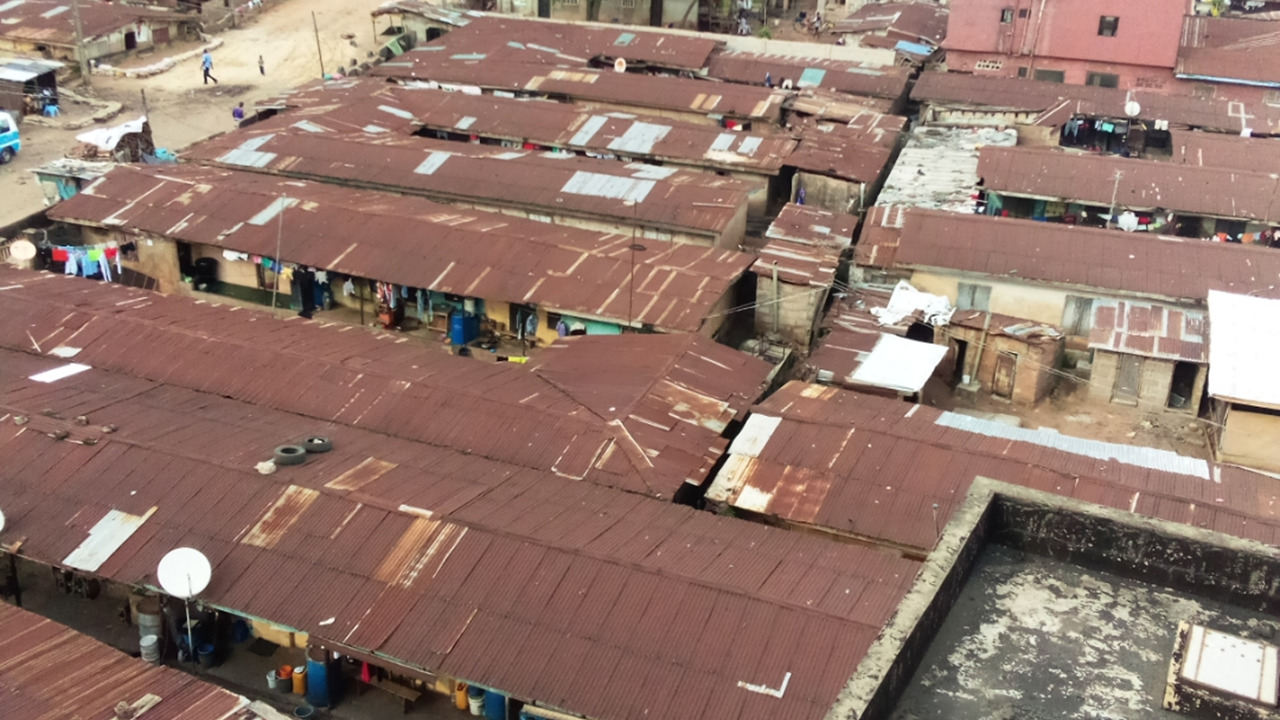
NIGERIA
Safer communities and health facilities

NIGERIA
Safer communities and health facilities
Identifying and mitigating the impact of urban crimes on the wellbeing of urban dwellers and health facilities
Insecurity and crime are reportedly on the increase in Nigeria, impacting general health, economic and political wellbeing of citizens (Abubakar et al., 2022; Ardo et al., 2022; Wada et al., 2022]. Urban spaces experience disproportionately high levels of crime [link] (Ghani, 2017), and crime disproportionately affects the most vulnerable, including women, children, youth, minorities and the poor. An in-depth understanding of how urban crimes impact the health and wellbeing of urban residents is needed, as well as how they impact on the health services in poor urban areas. The Basic Health Care provision fund, a recent advancement in improving access and quality of service in primary healthcare facilities in Nigeria, recognizes the problems of crimes and dedicates a proportion of funds to help facility managers to provide security services.
The study aims to understand the nature of urban crimes and how they impact service users and health service delivery in urban places in the selected cities of Onitsha and Aba in Nigeria. It also aims to seek community-oriented solutions that can help secure and strengthen (especially public) health facilities in urban spaces to deal with the challenges of urban crimes. Understanding the connection between urban crime and urban health will yield information for multisectoral collaboration across the stakeholders involved. The study will also examine the gendered impact of urban crime.
The Crime Harm Framework will be used to collect data on the two dimensions of crime harm: harm type and harm level. For harm type, the sub-dimensions of physical, emotional/psychological, financial/economic and privacy harms suffered by urban residents will be assessed. For harm level, the sub dimensions of individual, community, institutional (e.g., health facility level), and societal levels will be captured.
Lead Researcher: Charles Tochukwu (University of Nigeria)
Mentors: Prof John Eze (University of Nigeria), Nicola Bowes (Cardiff Metropolitan University)

